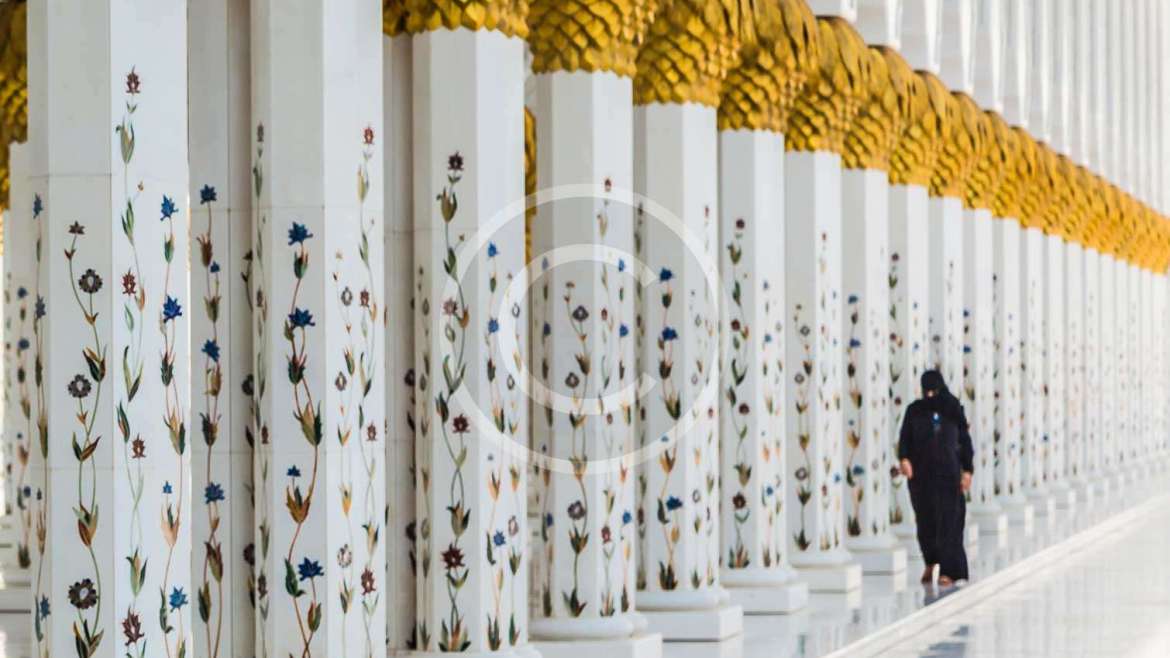Introduction: Mosques, as the spiritual heart of the Islamic community, hold a revered and profound significance in the lives of Muslims worldwide. Beyond serving as places of worship, mosques play a central role in fostering a sense of unity, education, and social cohesion among believers. This article delves into the historical roots, contemporary importance, and multifaceted roles that mosques fulfill in the lives of Muslims.
Historical Roots: The concept of mosques traces its origins to the time of Prophet Muhammad (peace be upon him), who, guided by divine revelation, established the first mosque in Medina. Mosques in early Islam served not only as spaces for collective worship but also as centers for community consultation, education, and social interaction. The Prophet’s mosque became a model for subsequent generations, laying the foundation for the architectural and spiritual essence of mosques.
Contemporary Significance: In the contemporary Islamic landscape, mosques stand as symbols of spiritual devotion and community identity. They serve as places where Muslims gather for daily prayers, Friday congregational prayers (Jumu’ah), and various religious and educational activities. Beyond the ritual aspects, mosques contribute significantly to the social, educational, and cultural fabric of Muslim societies.
Places of Worship and Reflection: At its core, the mosque is a sanctuary for worship and spiritual reflection. Muslims gather in mosques to perform their obligatory prayers, seeking a connection with the divine. The serene atmosphere within the mosque provides a conducive environment for personal introspection, fostering a sense of inner peace and tranquility.
Educational Hubs: Mosques function as vital educational hubs, hosting classes, lectures, and study circles aimed at disseminating knowledge about the Quran, Hadith, Islamic jurisprudence, and other facets of the faith. Imams and scholars often use mosques as platforms to impart religious education, contributing to the intellectual and moral development of the community.
Community Center: Mosques serve as vibrant community centers, fostering a sense of belonging among Muslims. Beyond prayer, they host social events, cultural activities, and charitable initiatives, creating spaces where individuals come together to strengthen social bonds and support one another. Mosques, in this context, become catalysts for community cohesion and solidarity.
Architectural Beauty and Symbolism: The architecture of mosques, often characterized by domes, minarets, and intricate designs, reflects the aesthetic beauty and cultural richness of Islamic civilization. The symbolic elements within mosques, such as the mihrab (prayer niche) and minbar (pulpit), carry deep spiritual meanings, enhancing the overall experience of worship.
Social Welfare and Charitable Initiatives: Many mosques actively engage in social welfare and charitable initiatives, providing support to the less fortunate and contributing to the well-being of the broader community. From food drives to healthcare services, mosques play a crucial role in addressing societal needs and promoting the Islamic principles of compassion and generosity.

